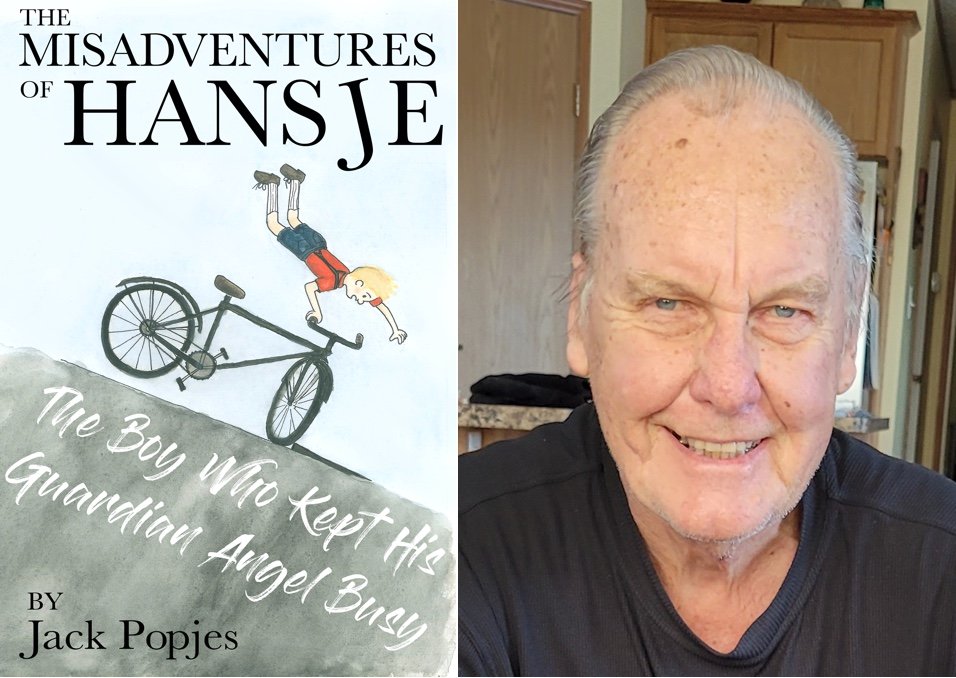Book Marketing
And The Book Proposal Doctor
by Rob Bennett
When I was writing my book, Passion Saving: The Path to Plentiful Free Time and Soul-Satisfying Work, I sought the advice of a book proposal doctor.
My book makes a bold claim that the conventional approach to money management (where the focus of saving is to finance an old-age retirement) does not work and needs to be replaced by an approach in which the focus is on attaining higher levels of financial freedom throughout life and enjoying the benefits of saving at all stages of life.
I worked with three editors:
- A proposal doctor (This is an editor who fixes a Proposal, the document that is sent to a publisher to entice the publisher into purchasing rights to a book);
- a line editor; and
- a proofer.
The job of the proposal doctor is to edit the proposal, not the book itself. But a proposal includes sample chapters of the book, so there is some line editing involved.
In my case, the proposal doctor did not approve of the way in which I structured and presented the material in my book. She liked the book concept very much. But she strongly urged me to write a more conventional money management book, one that would focus on tips for reducing spending. (My book is more of a "why to" than a "how to" as it argues that the motivation behind the saving effort determines its success or failure and rejects the goal of saving for an old-age retirement as generally ineffective).
I respected the editor's viewpoint for two reasons.
- She obviously has more experience than me in selling books to publishers. I believe that there are a number of publishers who would share her views about the need to reformulate the book project to make it more marketable.
- I think she showed integrity in telling me things that I did not want to hear.
I decided not to follow the proposal doctor's advice. I believe that the book as written has appeal to many people who have found only frustration in trying to save the conventional way and who are very much looking for fresh advice on the money management question.
Actually, it was her comments that made me decide not to even submit my book to publishers but instead to publish it myself. Her comments led me to believe that the best way to market my book was to sell it from my Web site, demonstrate that there is a market for it, and only then to contact publishers for the purpose of distributing it to larger markets.
The story illustrates the need to take marketing considerations into account in deciding on a structure for a book. (Deciding on a structure is part of the editing project). My editor favored one way to sell my book: the more conventional and safer way. I elected to choose an approach that I view as riskier but one that carries the possibility of greater long-term success if the book indeed "clicks" with a good number of readers.
This is not the sort of question that I viewed as an editing question when I first began writing my book.
I am now writing a second book, Investing for Humans: How to Get What Works on Paper to Work in Real Life.. The first thing that I tried to decide on with the second book was the positioning queston. How is the book different from others now on the market? What is it that I can bring to the table that no one else can?
Audrey’s Comments
I am not any of the three editors Rob used. I do not doctor book proposals. But I am glad to have his story here because it points out the need to think about marketing before a book is done. In fact, thinking about marketing before a book is written can save a lot of grief.
I am not a proposal doctor but I will do a sample edit for you if you click here.

This is Jack Popjes and one of his published books. He and I worked on multiple projects. He's met many goals.
Meet your writing goals in 2023.
Free Newsletter
Sign up below for
Editor's Notes
Inspiration and Writing Tips
and receive tips
to maximize
your use of MS Word.
Click for more information
and archived copies...
Or sign up using the form below
to start your subscription right away.



